Search
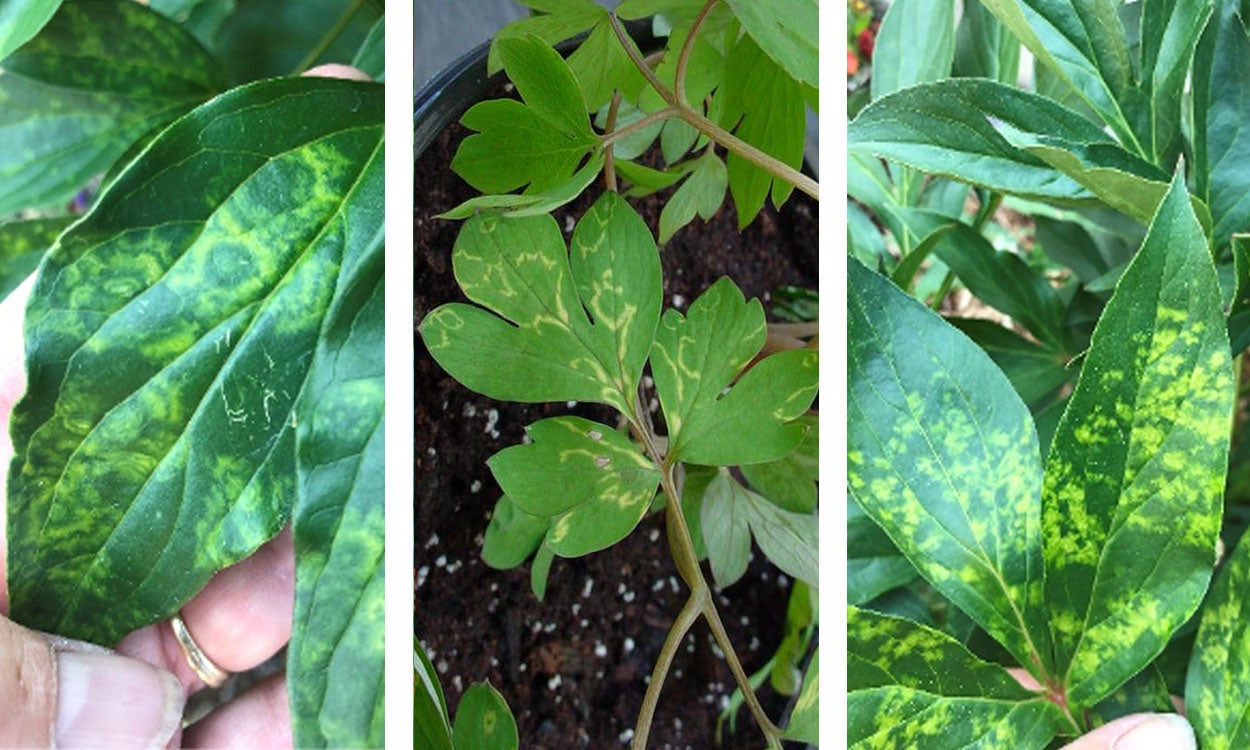
Tobacco Rattle Virus
Tobacco rattle virus is a common ornamental and vegetable virus characterized by ringspots on leaves. Learn what causes it, how to recognize symptoms, and how to prevent it from spreading in your garden.

Smart to Lead SDSU Extension Agriculture and Natural Resources Program
July 06, 2021
South Dakota State University Extension has named Alexander “Sandy” Smart as the new Agriculture and Natural Resources Senior Program Leader.
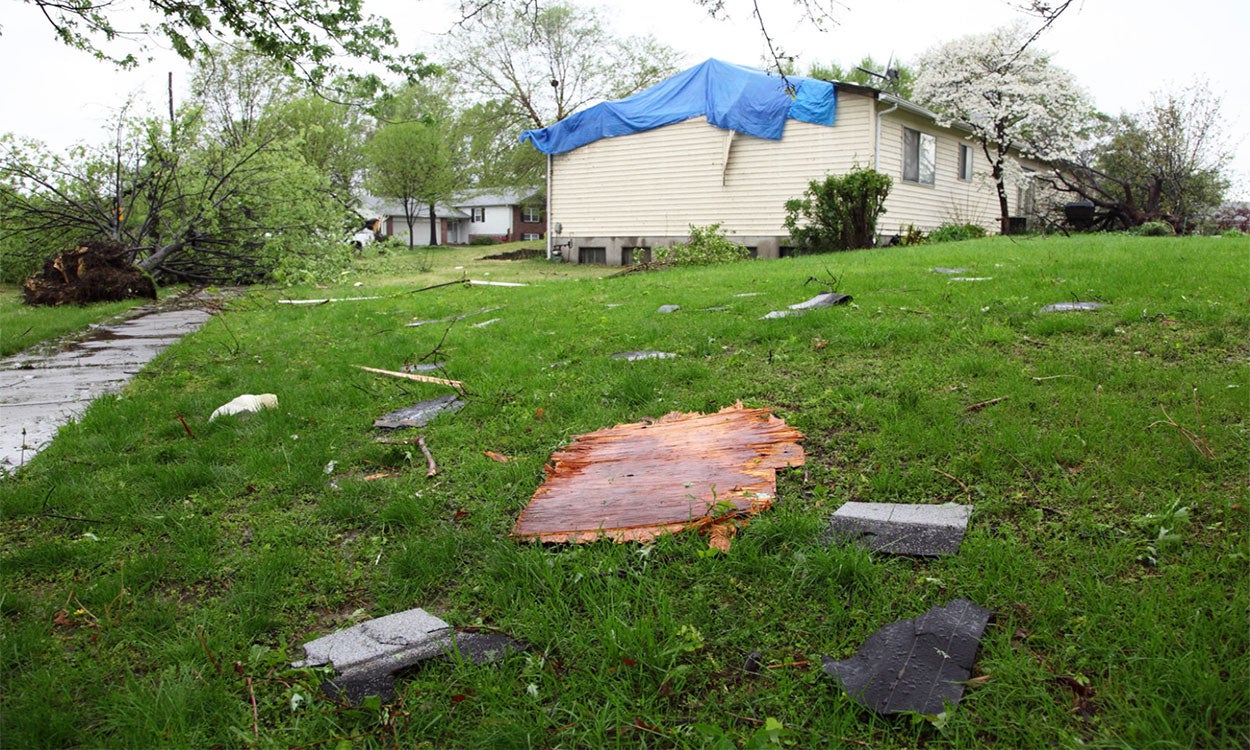
Never Underestimate Mother Nature
We know that weather is unpredictable, and every gardener will eventually have to deal with damage caused by weather. Learn some tips that will help you give your plants a fighting chance after extreme weather events.
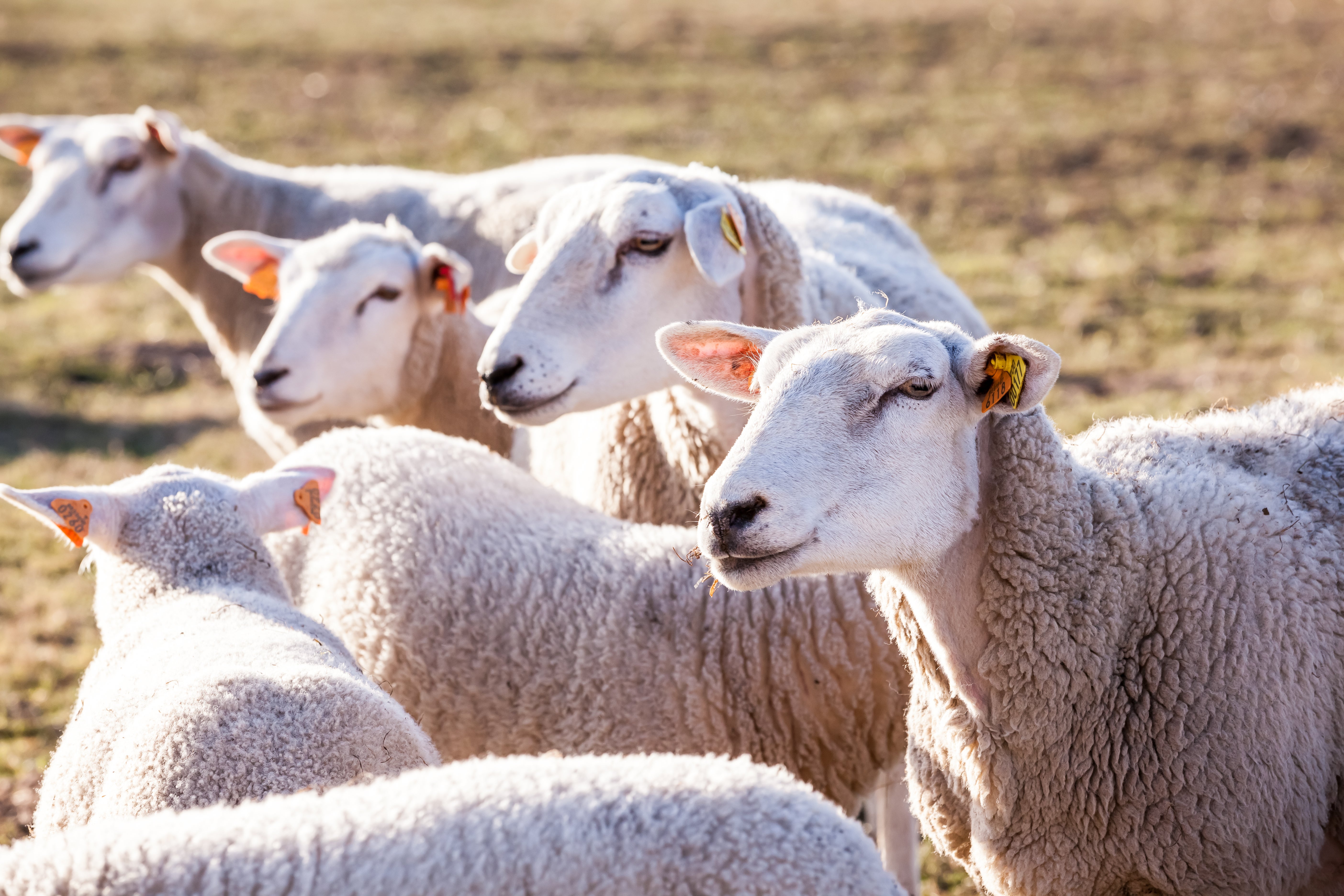
South Dakota Sheep and Goat Needs Assessment
A summary of South Dakota responses to guide on-going Extension efforts for South Dakota sheep and goat producers.
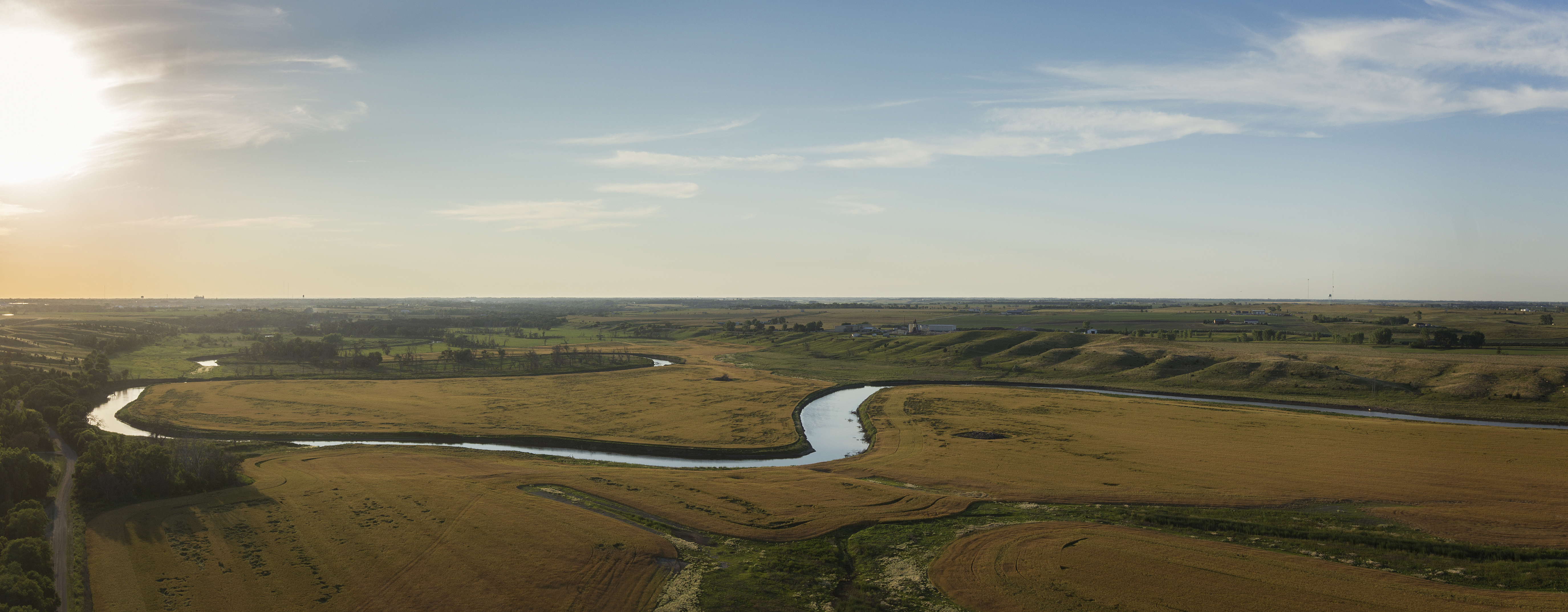
Every Acre Counts
Every Acre Counts improves production practices for greater profitability.
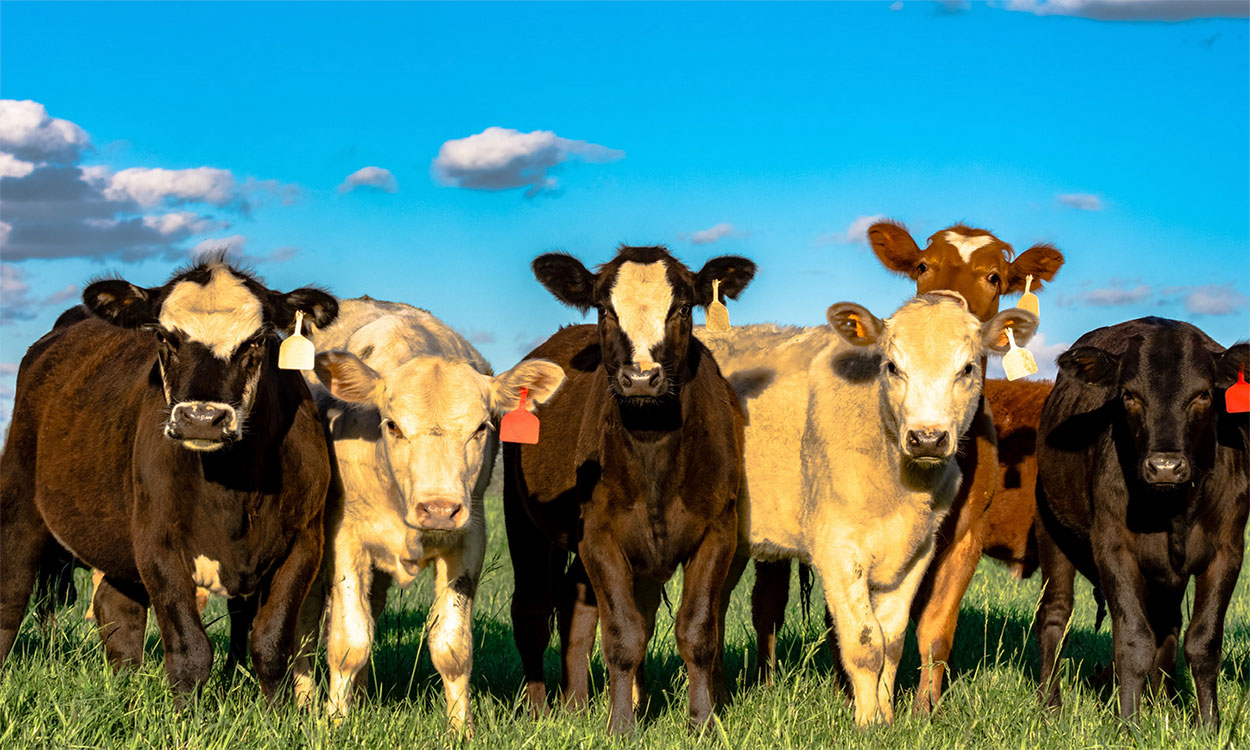
Synchronization for Natural-Service Breeding Programs
Similar to synchronization with artificial insemination, the benefits associated with natural-service synchronization are similar: a concise calving distribution with the potential for heifers to be serviced twice in about 30 days versus twice in 40 days.
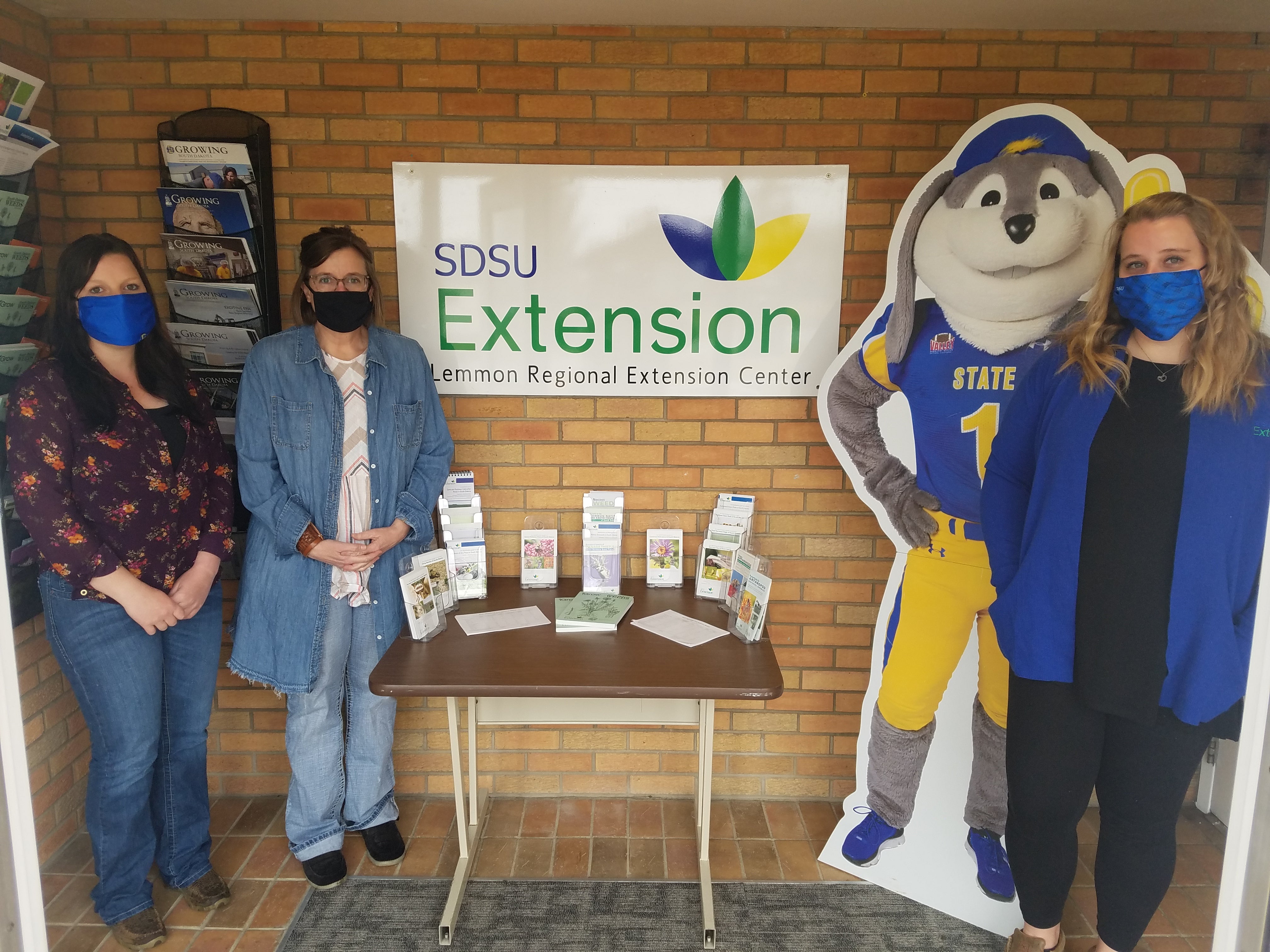
Lemmon Extension Center Moves, Adds Range Field Specialist
April 20, 2021
SDSU Extension's Lemmon Regional Center has recently relocated to a larger, more-accessible facility, while also welcoming a new addition to the team.

Volunteer Policies & Forms
These policies and forms provide useful information for volunteers.
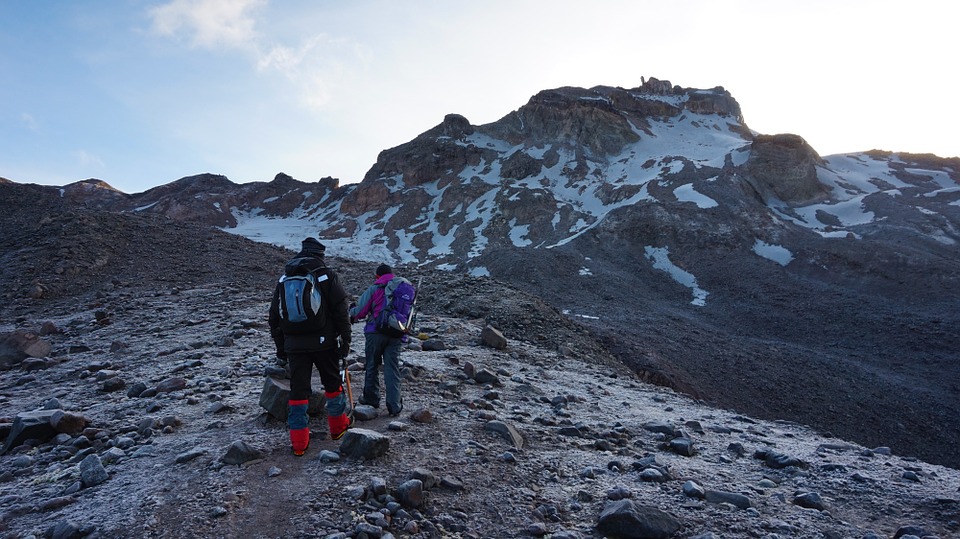
Retirement Saving Strategies
Since people are living longer than ever, retirement savings need to last longer and work harder. It is more important than ever to make smart financial decisions.
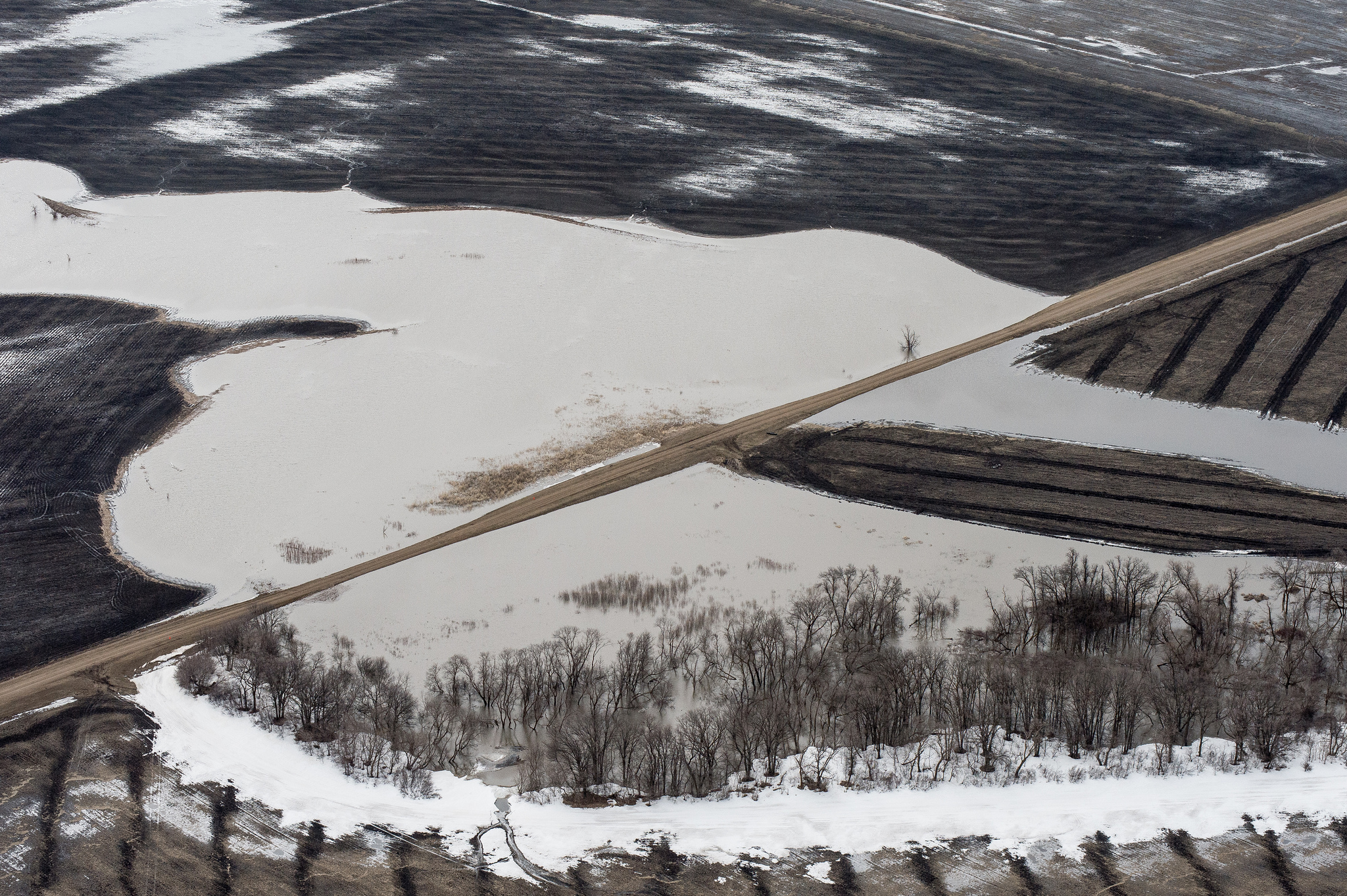
Managing Soil and Soil Fertility After Flooding
During floods, your fields will experience different amounts of erosion, sediment deposition, and crop residue accumulation. To avoid compaction of these soils it is crucial to let soils drain and dry out sufficiently before removing any large debris from fields or working the soil.